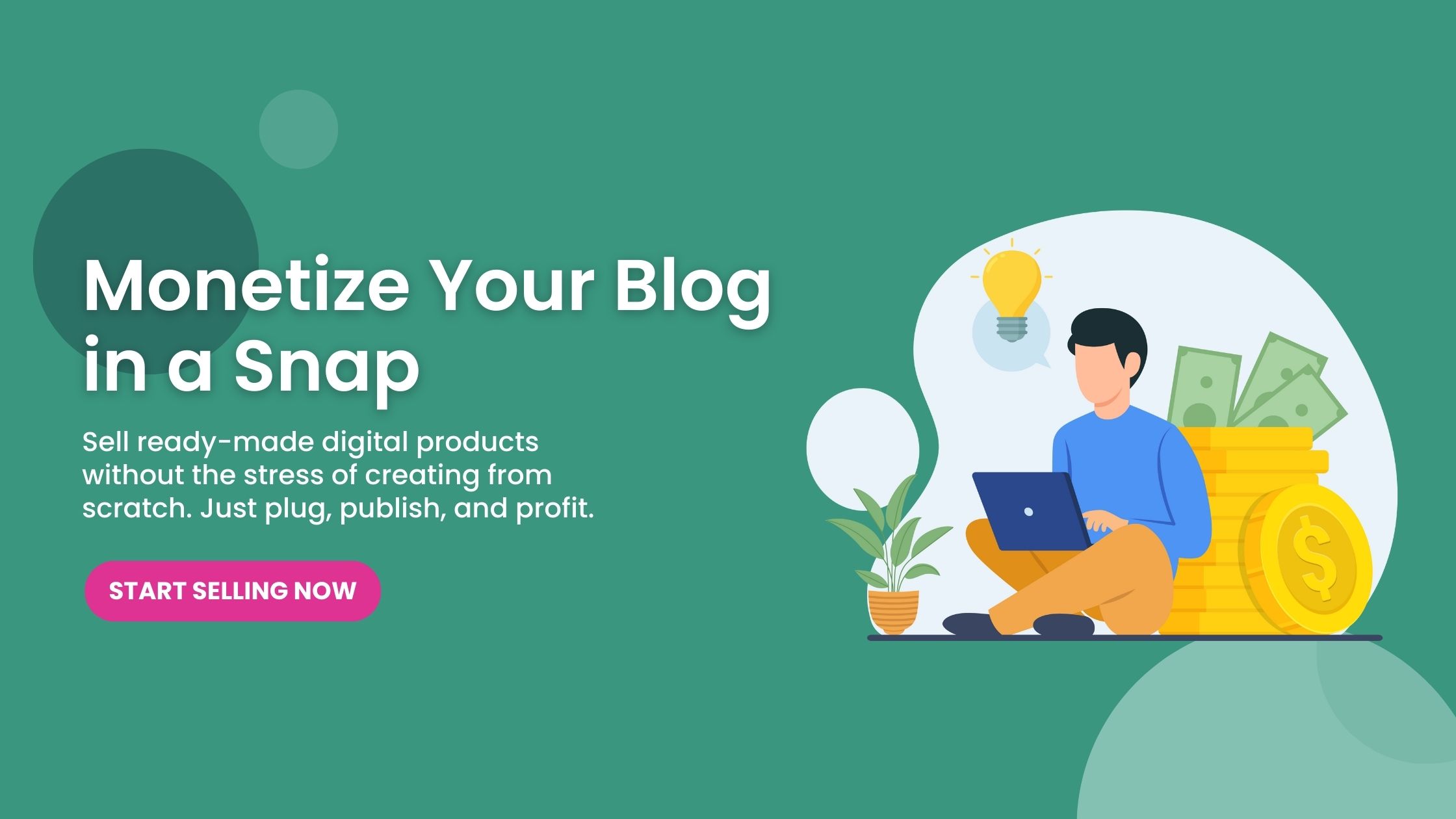Discover Your Unique Voice
The Importance of Authenticity
When I first ventured into blogging, I was overwhelmed with the vast sea of voices already out there. Finding my unique voice felt daunting. But I quickly realized that authenticity is my superpower. People resonate with real experiences and perspectives. So, I poured my heart into writing, sharing not just my successes but also my failures and lessons learned. This genuine approach helped me connect with my audience on a deeper level.
Your unique voice distinguishes you from the crowd. It invites people to experience your journey rather than just consume information. Remember, there’s no one-size-fits-all when it comes to blogging, so embrace what makes you different and share that with your readers. You’d be surprised how much people appreciate raw honesty.
Don’t be afraid to delve into your passions and interests. Whether it’s your thoughts on current events, your favorite hobbies, or your peculiar habits—these can all contribute to your voice. Trust me, when you write from the heart, your authenticity shines through and creates a lasting impact.
Embrace Storytelling
So, how do you engage an audience? Let me tell you a secret: storytelling is key. Ever since I implemented storytelling techniques in my blogs, I noticed a significant increase in audience engagement. People tend to remember stories better than facts and figures. They evoke emotions, and emotions drive connections.
Storytelling doesn’t have to be grand or epic; even small, relatable anecdotes can draw readers in. For instance, sharing a tiny mishap from your day-to-day life can make you more relatable and strengthen your bond with your audience. This is where the magic happens—when your experiences resonate with someone else’s.
Also, don’t forget the structure of your story. A solid beginning draws folks in, a middle that holds their attention, and an end that leaves them with something to think about. This framework can dramatically enhance your writing and keep your audience invested until the very last word.
Engaging with Your Audience
Connecting with your audience is crucial for a successful blog. Initially, I was hesitant, thinking that my content alone would do the job. But I soon learned that building a community around your blog is equally important. Reply to comments, ask questions, and encourage dialogue. Show your readers that you value their thoughts and opinions.
Social media is an excellent platform to engage with your audience further. Share snippets of your blog, ask for feedback, and start conversations related to your niche. I’ve found that when I include my readers in the discussion, they feel more connected to me and to the brand I’m building.
Besides comments and social media, consider creating polls or surveys to gather insights about what your audience wants to read next. This not only shows that you care about your readers, but it also helps you create content that genuinely resonates with them.
Consistency is Key
The Power of a Schedule
One of the toughest hurdles in blogging is staying consistent. In my experience, sticking to a posting schedule was essential for maintaining trust with my audience. If you promise them regular content, then it’s critical to deliver on that promise. Trust me, readers appreciate knowing when to expect new content.
Start by determining a realistic posting schedule for yourself. Whether it’s weekly, bi-weekly, or even monthly, find a rhythm that works with your life and allows you to produce quality content. I tried a few different approaches until I found the sweet spot that kept me from burning out.
Once you establish a routine, it becomes almost second nature. Plus, consistency helps your blog grow, as search engines favor active sites. So, not only are you building trust, but you’re also contributing to your blog’s visibility, which ultimately expands your reach.
Creating a Content Calendar
Having a content calendar has been a game-changer. It helps me plan my topics in advance so I’m never scrambling for ideas at the last minute. I like to jot down a mix of seasonal posts, trending topics, and evergreen content to ensure a balanced approach.
Moreover, a content calendar allows you to allocate time for research, drafting, and editing. This has significantly improved the quality of my posts. I find it easier to focus on producing content that I’m proud of, rather than throwing something together last minute.
Don’t forget to review and adjust your calendar periodically. What worked last month might not apply next month. So stay flexible and responsive to your audience’s needs and interests.
Quality Over Quantity
Although consistency is crucial, I’ve learned that quality should never be compromised for the sake of quantity. Each post is an opportunity to showcase your expertise and passion. Make sure your content adds value to your readers’ lives. Take the time to craft well-researched, thought-provoking, and engaging posts that resonate.
Outsourcing content can be tempting when you feel overwhelmed, but if you do, ensure that the voice aligns with your own. You want to maintain the integrity of your blog and offer a cohesive experience to your readers.
Ultimately, I encourage you to focus on creating content that informs, entertains, or inspires. Quality content will lead to loyal readers who appreciate the effort you put into each article.
Leveraging SEO for Wider Reach
Understanding SEO Basics
Alright, let’s talk about SEO. At first, it might seem technical and a bit intimidating, but trust me, it’s not rocket science! I started with the basics: understanding keywords, meta tags, and how search engines rank content.
Keyword research is something I’d highly recommend. Identify what words or phrases potential readers might stumble upon on Google. Tools like Google Keyword Planner have been incredibly helpful for me. By incorporating these keywords naturally into your content, your posts will be more discoverable.
Also, pay attention to on-page SEO elements. Ensure that your posts have descriptive titles, headings, and alt text for images. These small adjustments can make a world of difference in how your content performs online.
Creating Quality Backlinks
Backlinks are another critical aspect of SEO that can elevate your blog to new heights. In short, these are links from other websites that direct users to your content. Building backlinks involves networking with other bloggers, commenting on their posts, or guest posting. In my case, reaching out for collaborations has opened doors to stronger networks and increased visibility for my blog.
When you create valuable content, others may naturally link to it. But actively seeking opportunities to develop backlinks can accelerate this process. I often find creative ways to add value to other bloggers’ content, which ultimately leads to reciprocal backlinks.
Plus, the more credible sites that link back to yours, the higher you climb in search engine rankings. In my blogging journey, I’ve seen firsthand how this strategy has expanded my audience dramatically.
Monitoring Your Progress
Lastly, monitor your success over time. Use tools like Google Analytics to track traffic, bounce rates, and engagement levels. At first, I found all the data overwhelming, but it became a treasure trove of information on what works and what doesn’t.
Understanding your audience’s behavior allows you to refine your content and strategy. For instance, are your readers gravitating towards specific topics or formats? Use these insights to adjust your posts accordingly. Remember, blogging is a constant learning experience, and adapting based on your data will lead to continuous growth.
In conclusion, by leveraging SEO strategically, you can reach a broader audience and establish your blog as an authority in your niche.
Withstanding Challenges and Setbacks
Embracing the Learning Curve
No journey is without its bumps, right? Trust me, I’ve faced challenges as a blogger—like tech issues, writer’s block, and even negative feedback. But I’ve learned to embrace these challenges as valuable lessons and integral parts of my growth.
Instead of getting discouraged, I try to view setbacks as opportunities for improvement. Whether it was rethinking my approach to SEO or investing time in learning a new blogging platform, each stumble has ultimately made me a better blogger.
Acknowledge your learning curve and give yourself permission to grow. After all, progress over perfection is what leads to genuine success in the long run.
Dealing with Criticism
Let’s face it, not everyone will love what you put out there. Initially, receiving criticism was tough for me. But I learned to differentiate constructive feedback from negativity. Constructive criticism can be a valuable tool in refining your content and approach.
I’ve found that engaging with critics—when appropriate—can lead to fruitful discussions. Not everyone will agree with your viewpoint, but maintaining an open dialogue can strengthen your credibility and allow you to connect with new audiences.
Remember, you can’t please everyone, and that’s perfectly okay. Nevertheless, always approach negative feedback with an open mind and a willingness to learn.
Building Resilience
Lastly, building resilience is crucial in this blogging adventure. You’ll face ups and downs, and that’s just part of the game. What’s important is your ability to bounce back from challenges and keep pushing forward.
Setbacks can feel disheartening, but surrounding yourself with a supportive community can help you stay motivated. Connect with other bloggers, engage in online forums, or even seek mentorship. This support system can uplift you and remind you of your purpose.
Ultimately, resilience is about maintaining your passion and commitment, even through tough times. The blogging journey isn’t just about fame or fortune; it’s about sharing your truth and finding your place in the digital world.
Frequently Asked Questions
1. How do I discover my unique voice in blogging?
Embrace authenticity! Write about your experiences, thoughts, and passions. The closer you are to your true self, the more you will resonate with your audience.
2. Why is storytelling essential in blogging?
Storytelling engages readers emotionally and makes your content memorable. It turns information into relatable experiences, which can strengthen your connection with your audience.
3. How often should I post on my blog?
Consistency is key. Choose a posting schedule that suits your lifestyle but stick to it! Whether it’s once a week or once a month, regularity builds trust with your readers.
4. What are backlinks, and why do they matter?
Backlinks are links from other websites that point to your blog. They improve your search engine rankings and can increase your visibility and credibility online.
5. How do I handle criticism of my blog?
Differentiate between constructive criticism and negativity. Constructive feedback can help you grow, while negativity can perpetuate discouragement. Engage where appropriate and see it as part of your learning journey.



